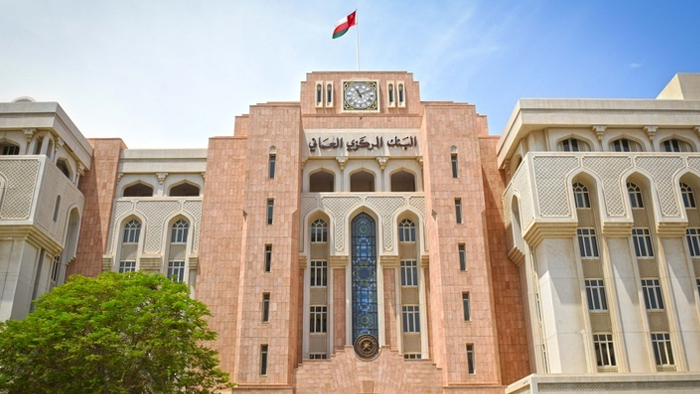
Muscat: The risks related to financial stability in the Sultanate of Oman have eased, but new vulnerabilities have appeared that may test the resilience of our financial system, the Central Bank of Oman (CBO) said.
“However, the banking sector retains the capacity to absorb a variety of shocks without adverse spillover effects on credit supply and the real economy," The CBO said in its tenth issue of the Financial Stability Report (FSR), which was released on Sunday.
While highlighting the fiscal and financial relief provided by the government and CBO, the FSR report acknowledges the role of the financial sector in the provision of credit and financial services throughout the COVID-19 pandemic that helped craft a swift post-pandemic recovery plan duly supported by favourable oil prices.
The FSR states that the ongoing geopolitical tensions in Europe fuel inflationary pressures that are mounting across the globe.
“The ensuing monetary tightening may weigh on growth, especially for the sectors that are still in the recovery phase," the central bank's FSR report said.
Nevertheless, the inflation outlook in Oman remains moderate, and "as an oil exporter, rising commodity prices are so far a net positive for Oman as the higher proceeds from hydrocarbons have provided ample fiscal space to the government to counterbalance any inflationary pressures with targeted interventions to complement the impact of monetary policy actions," the report added.
Regarding the health of the banking sector, the FSR report mentions that banks continued to hold large capital buffers which are supported by improvement in their profitability indicators "as the economy embarked on the growth trajectory" and "the asset quality remained well contained with a low non-performing loans (NPL) ratio and adequate provision coverage."
The report further stated that the loan moratorium ended in December 2021, however, "the exit from this regulatory relaxation was timed to coincide with strong recovery and a provision to restructure the loans if necessary without affecting the risk classification. Therefore, projections of credit risk from deferred loans remain low."
The FSR report concludes that "overall short-term risks to financial stability have significantly declined compared to the previous year", and that "an amicable resolution of the ongoing European conflict will help restore confidence and relieve some pressures, while any further escalation or a delay in the peace process will elevate downside risks for recovery and financial stability."
FSRs are an important communication tool by central banks across the globe to disseminate information on potential points of distress for financial stability. In Oman, publications of FSR were made a part of the overall macro-financial surveillance system in 2013.